Fresh Saudi bombardment violates Yemen truce
Sat 19 Nov 2016, 17:37:05
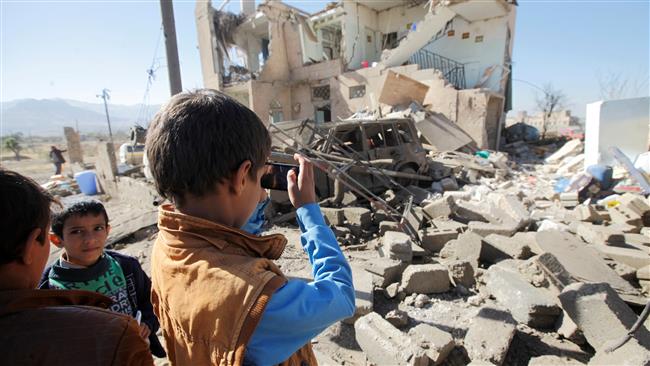
Saudi Arabia's warplanes have conducted fresh airstrikes against Yemen, violating a 48-hour ceasefire which the kingdom announced earlier.
Yemen's al-Masirah television said Saudi jets bombarded a district in the southwestern province of Ta'izz several times.
Similar attacks were carried out in the Salif district of Hudaydah Province, the Maran neighborhood of Sa’ada Province and the Bani Hushaysh district of Sana’a Province, the report said.
Yemen's army forces also foiled an attempt by Saudi mercenaries to advance in the Baqa border region and killed dozens of them, it added.
The attacks came shortly after Saudi Arabia said it had decided to begin a 48-hour ceasefire from 12:00 noon in Yemen's timing (0900 GMT) on Saturday.
The official Saudi Press Agency (SPA) said the naval and air "blockade", however, would remain in place and surveillance jets would continue to fly over Yemen.
The announcement followed a request for a ceasefire by Yemen's resigned president Abd Rabbuh Mansour Hadi -- himself based in Riyadh -- to Saudi King Salman, a Saudi statement said.
Brigadier General Sharaf Luqman, a spokesman for Yemeni forces, confirmed that they would abide by the ceasefire if the other side observes it.
"Based on the agreement
reached in Muscat [on Monday], we affirm our commitment to the ceasefire if the other party respects it," Luqman said.
reached in Muscat [on Monday], we affirm our commitment to the ceasefire if the other party respects it," Luqman said.
Saudi Arabia has come under international criticism for the sheer size of casualties and destruction which its war has brought on Yemen since March 2015. The war has killed at least 11,400 civilians, according to a recent tally by a Yemeni monitoring group.
Saudi military spokesman Ahmed Asiri acknowledged in February that the kingdom was stuck in a “static war” against its southern neighbor.
While the war has proven big business for the US and the UK, it has taken a massive toll on the Saudi kingdom's economy.
The US military provides aerial refueling to Saudi bombers conducting airstrikes on Yemen. Washington has also been providing logistic and surveillance support to the kingdom in the bloody campaign.
The British government has been training Saudi pilots in both the oil-rich kingdom and Britain, The Independent daily revealed in October. London is also one of the biggest arms suppliers to Riyadh, including cluster bombs which have been used in Yemen.
In October, the UN Committee on the Rights of the Child said Saudi Arabia was using starvation as a tactic in its war against Yemen through its crippling blockade which the US helps to implement.
No Comments For This Post, Be first to write a Comment.
Most viewed from International
Most viewed from World
AIMIM News
Delhi Assembly polls: Owaisi leads Padyatra in Okhla
Feb 01, 2025
We reject this Waqf Amendment Bill: Asaduddin Owaisi
Jan 30, 2025
Latest Urdu News
Most Viewed
May 26, 2020
Which political party will win the Delhi Assembly polls to be held on Feb 5?
Latest Videos View All
Like Us
Home
About Us
Advertise With Us
All Polls
Epaper Archives
Privacy Policy
Contact Us
Download Etemaad App
© 2025 Etemaad Daily News, All Rights Reserved.

.jpg)
.jpg)

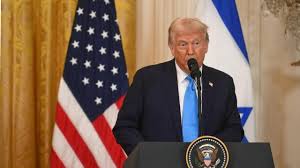

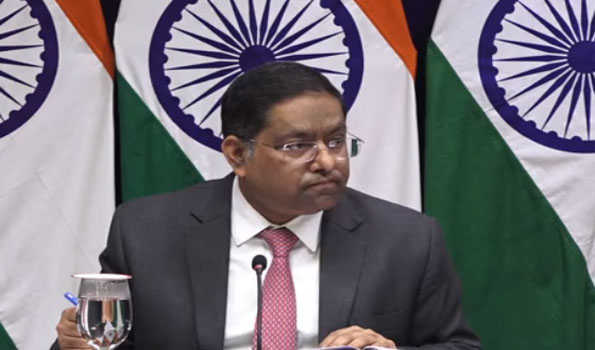

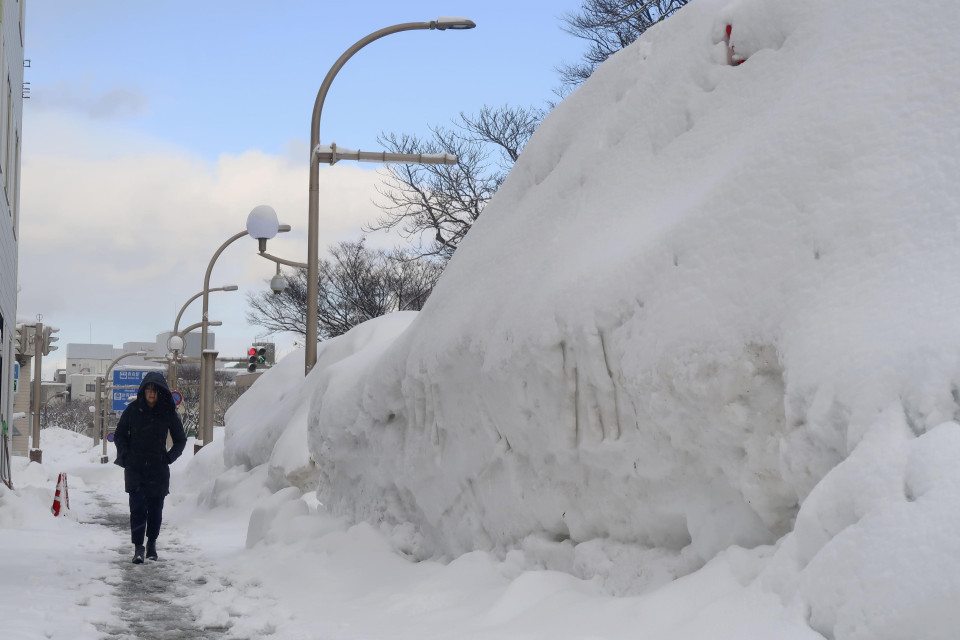

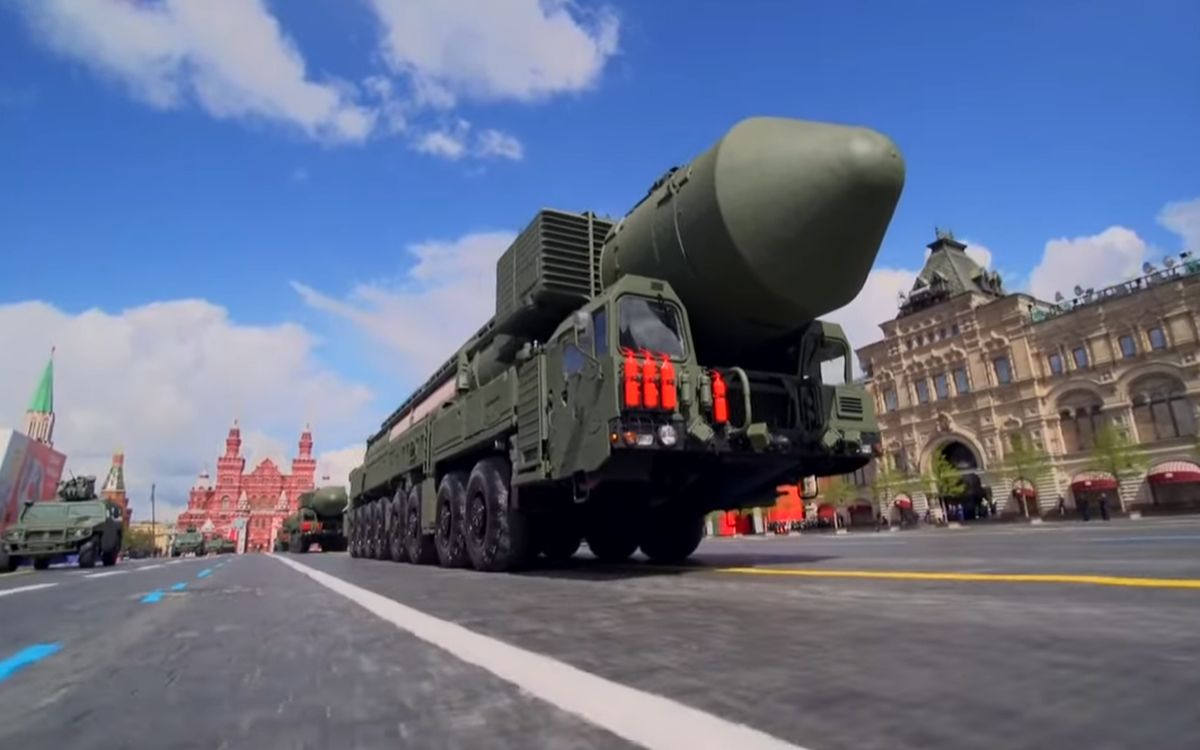
.jpg)
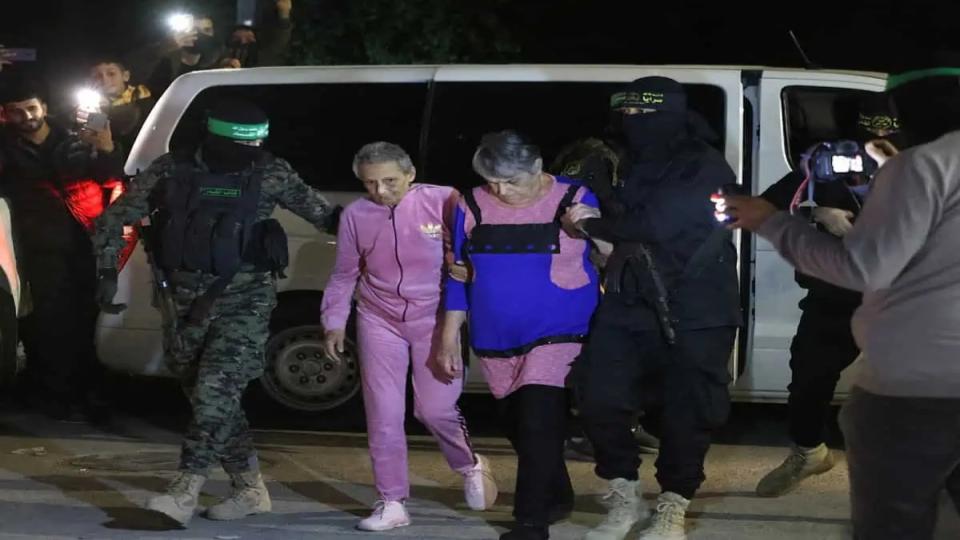
.jpg)
.jpg)
.jpg)
.jpg)
.jpg)
.jpg)
.jpg)
.jpg)
.jpg)




















